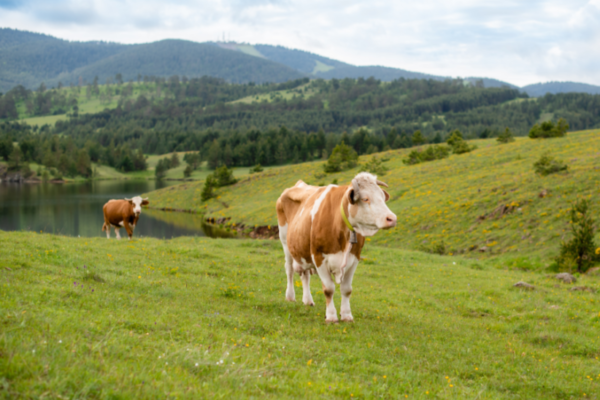Recognising Animal Welfare in International Environmental Law
Key proposals to improve the status quo: declare the importance of protecting animal welfare in new international legal measures to protect the environment; amend the Convention on Biological Diversity and CITES to acknowledge the individual value of sentient non-human animals that rely on thriving natural environments; amend the Convention on Biological Diversity and CITES to include an acknowledgment that the modern methods of using non-human animals for their components and genetic resources currently contribute to the extensive suffering of living entities; acknowledge the unsustainable nature of production methods that use living entities as products in the development of new IEL texts: any reference to One Health should acknowledge animals as an essential pillar of the approach; any reference to animal components should be raised with the view of drastically decreasing consumption rates and moving towards predominately plant-based diets.


